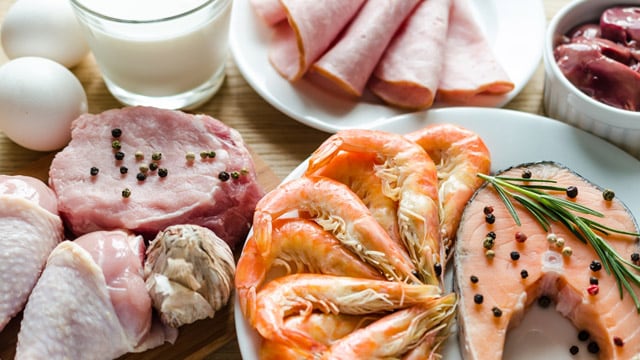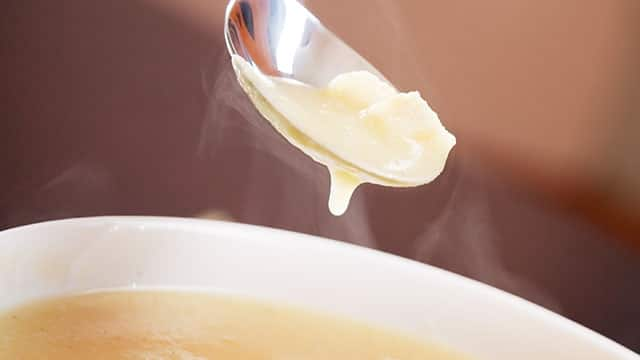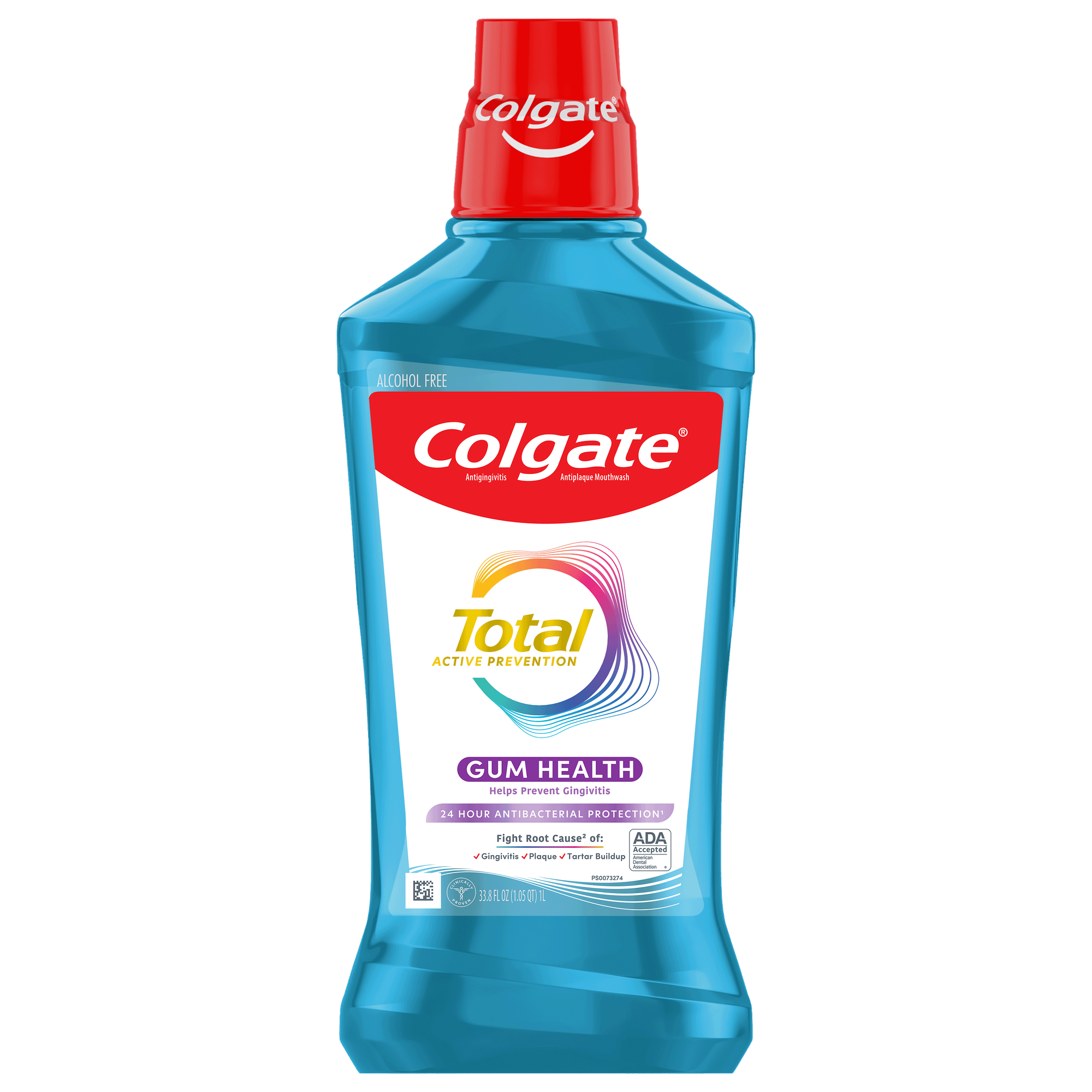-
-

FLUORIDE
What Is Stannous Fluoride Toothpaste?Discover what is Stannous Fluoride Toothpaste and its importance to prevent cavities and other oral health problems.

TEETH WHITENING
Whitening toothpaste - hydrogen peroxide vs. carbamide peroxideIf you lose one or more of your front teeth due to injury or decay, you may feel ...
-
Science & InnovationOral Health Commitment
- Oral Health Commitment
- Bright Smiles, Bright Futures
- Educational Resources
- Mobile Dental Van
- Volunteer
- ORAL HEALTH CHECK
- PRODUCT MATCH
- Oral Health and Dental Care | Colgate®
- Oral Health
- How 3 Trendy Diets Affect Your Teeth


Nutrition might seem like a pretty straightforward topic, but it can quickly veer from "put food in mouth to live" to a deeply confusing place. With acronyms. And statistics. And conflicting ideologies. And just when you think you have your healthy eating journey covered, a new trendy diet comes along and knocks you off your stride. In the spirit of finding a nutritional balance that works for you, we're outlining three trendy diets, and taking into account their effect on your teeth.
1.Keto
THE FAT-BURNING DIET
The ketogenic diet is having a moment. This high-fat diet originated as a medical diet designed to shift the type of fuel your body uses for energy. When this happens, you're in ketosis, and your body burns its stored fat to get energy from ketones.
The keto diet should be rich in proteins and fats, such as meats, eggs, fish, nuts, butter, oils, and cheeses, and fibrous vegetables, all of which should support good oral health. Just don't overload on protein and poor-quality fats from processed foods and forget to incorporate vegetables and fruit within the carbohydrate allowances.
TEETH TIP: Watch out for keto breath, described as an overly sweet smell on the breath. It's a side effect of ketosis, and the smell is attributed to a compound called acetone being released from the lungs.
2.Paleo
THE CAVEMAN DIET
The popular Paleo diet is about throwing it back to the paleolithic era, and eating foods our hunter-gatherer ancestors might have consumed. The idea is to avoid foods that became staples of the human diet after agriculture took hold.
The Paleo diet encourages people to eat fruits, vegetables, nuts and seeds, oils, lean meats, and fish — all of these foods are generally great for healthy mouths, too. The diet omits dairy, legumes, potatoes, and grains that are otherwise considered part of a healthful diet, as well as refined sugar, salts, and highly processed foods.
TEETH TIP: Dairy is often recommended as part of a diet to support oral health, so make sure you are getting enough calcium in your diet.
3.Mediterranean
THE HEART-HEALTH DIET
The Mediterranean diet is based on the eating habits of people in southern Italy and Greece in the 1960s. It has been shown to improve heart health, lowering "bad cholesterol" and reducing risk of stroke and heart attack.
This diet encourages eating a rounded diet rich in fruits and veggies, which is good for oral health, too. In addition to fruits and vegetables, this type of diet emphasizes olive oil, dairy, legumes, fish, white meat, nuts, starches — it even allows for desserts and wine. The key to this eating plan is limiting quantities: 4 to 6 ounces of red wine per day, one 3-ounce dessert per week, 3 servings of fish per week, 3 servings of dairy per week, etc.
TEETH TIP: Because the daily glass of red wine could stain teeth over time, you may want to see your dentist more often for cleanings or look into whitening products.
Oral Care Center articles are reviewed by an oral health medical professional. This information is for educational purposes only. This content is not intended to be a substitute for professional medical advice, diagnosis or treatment. Always seek the advice of your dentist, physician or other qualified healthcare provider.
Related Articles

Nutrition and oral health
Loss of Taste: Causes and TreatmentsFood lacking flavor these days? Here's what could be disrupting your ability to taste and what you can do about loss of taste. Learn more, here.

Nutrition and oral health
Is Popcorn Bad For Your Teeth?Is popcorn bad for your teeth? Here's what you need to know about how this popular snack can affect your dental health.

Nutrition and oral health
Soft Food Diet Options: What To Eat After Dental TreatmentA soft food diet is required after certain dental procedures, like extractions and implants, to prevent damage to your teeth, mouth or new prosthetic.

Nutrition and oral health
Does Taking Vitamin K2 Benefit Your Oral Health?You are what you eat, and the vitamins you include your diet can benefit your overall health. Here's what to know about vitamin K2 benefits.
Related Products

Colgate Total Active Prevention Whitening Toothbrush is a soft toothbrush with charcoal infused spiral and Floss-Tip bristles (1). This soft bristle toothbrush fights the root cause* of cavities, plaque, gingivitis, bad breath, tartar buildup**, and stains*** and also helps remove surface stains to prevent stain buildup.

Power away plaque with Colgate Total Battery Powered Toothbrush. This battery operated toothbrush for adults fights the root cause* of cavities, plaque, gingivitis, bad breath, tartar buildup**, and stains***. Plus, this battery toothbrush has a built in 2 minute timer and features two cleaning modes, Sensitive and Regular, to cater to your unique oral care needs.

The Colgate Total® Active Prevention Foaming Clean Soft Bristle Toothbrush is specially designed to tackle the root cause* of cavities, plaque, gingivitis, bad breath, tartar buildup**, and stains***.

Colgate Total Alcohol Free* Gum Health Mouthwash delivers 24-hour protection** against bacteria and also helps prevent gum problems

Helping dental professionals
More professionals across the world trust Colgate. Find resources, products, and information to give your patients a healthier future




